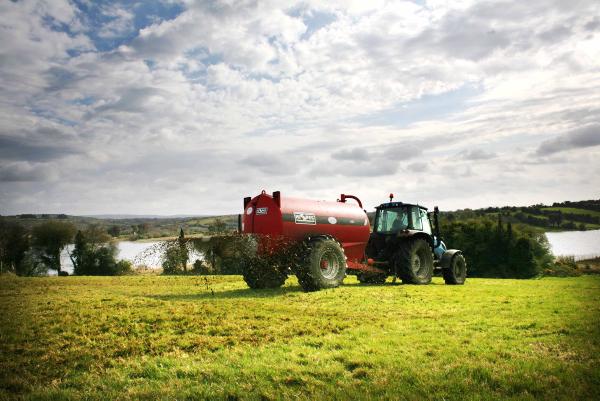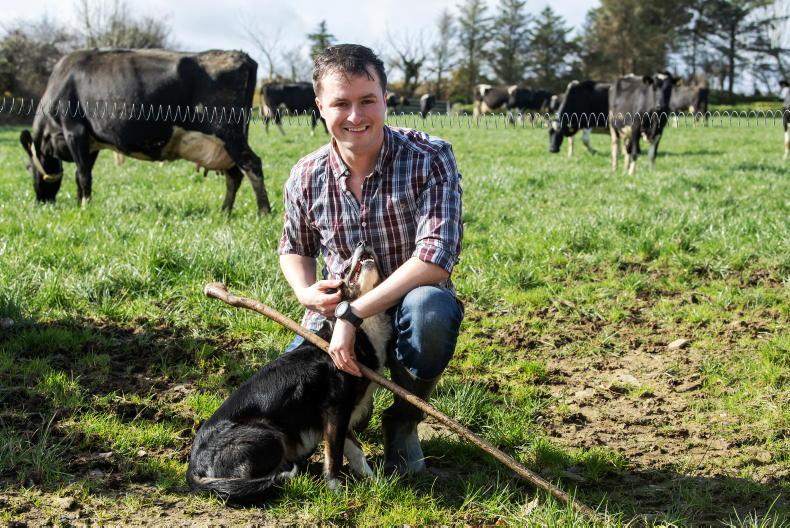As reported last week, during January approximately 2,300 farmers, mostly operating intensive dairy units, received a letter from DAERA highlighting that they could be operating above the manure nitrogen (N) limit of 170kg/ha.
To date, for those operating above the limit, the preferred option has been to export slurry. But that comes at a cost, and the farmer receiving the slurry must pass on their DAERA business ID, meaning that inspectors now have full visibility about what is going on.
It should also be noted that with manure export forms moving online, combined with stock records available on APHIS, and land areas farmed available through the Single Application Form, an inspector will be able to work out N loading with the simple press of a button.
Aside from leasing more land this year, or reducing stock numbers, the other option for those above 170kg is to apply for a derogation in 2018 to spread up to 250kg of manure N.
In 2017, a total of 310 derogations were approved, which is well below the 1,000+ figure that DAERA officials would like to see. With a new Nitrates Action Programme to be negotiated this year, and due to start from 1 January 2019, there is a danger that this derogation will be lost unless more farmers apply by the deadline of 1 March 2018.
No doubt, there is more paperwork involved, with a fertilisation account also to be prepared, and a phosphorus balance to be worked out. In addition, soil testing must be undertaken across the farm.
But a significant change for those applying this year is that they will not have to submit details on what happened before. Last year, an inspector could ask to see historical records going back to 2012. It was a major factor in stopping farmers going the derogation route.
The other fear relates to the fact that derogated farms normally have a higher inspection frequency than non-derogated farms. But with online forms, and officials keen to clamp down on ‘‘slurry acres’,’ those without a derogation could find that they are more likely to receive a visit from an inspector later this year.









SHARING OPTIONS